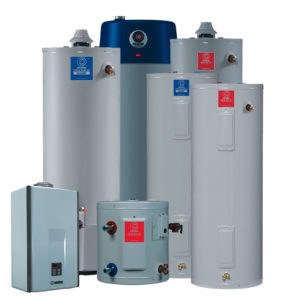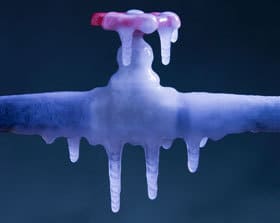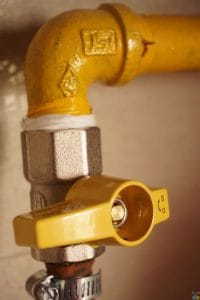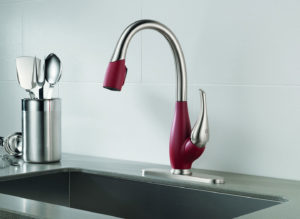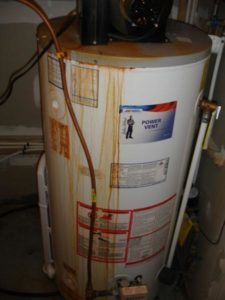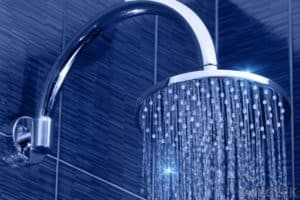Cured-in-place pipe (CIPP) is a trenchless pipe repair and rehabilitation technique that is used to repair damaged underground pipes without removing them from the ground. This is one of several trenchless technologies used in underground pipe repair and replacement. Trenchless pipe repair and replacement is very popular in the plumbing, civil, and construction industries. This is mainly because unlike the traditional dig-and-replace method it does not involve the digging of trenches in order to access and remove the damaged pipe for repairs or replacement. As the name implies, trenchless pipe repair and replacement is done without digging trenches. Only two holes are needed to access the start point and endpoint of the damaged underground pipe. Trenchless pipe repair and replacement is less intrusive and hence very eco-friendly. It requires less labor and is hence cheaper, easier, and faster to implement. Trenchless pipe relining is mainly used to repair underground pipes by installing a smooth seamless liner inside the damaged pipe. This is how it all happens.
Start With A Sewer Camera Inspection
Trenchless pipe repair and replacement starts with an underground sewer camera inspection. All established plumbing companies that provide DC drain services and sewer line services provide underground video camera inspections. During such an inspection, the plumber inserts a remote controlled waterproof video camera in the underground sewer line. The camera is maneuvered from above the ground to indicate the damaged parts and the length and size of the damaged pipe. A copy is usually retained for future reference. You have to conduct this underground sewer camera inspection so that you can identify the exact points of damage and the measure of the damaged pipe.
Clean The Damaged Pipe Thoroughly
The next step is cleaning. The damaged pipe should be cleaned thoroughly to remove any penetrating roots and debris from the inside walls of the pipe. You should also use a powerful hydro jet to de-scale any calcite that might have accumulated on the interior walls of the damaged sewer pipe. A special cleaning machine can also be used to snake the damaged pipe for further cleaning.
Prepare The Liner And The Resin
Now you have to prepare the liner and the resin that will be used to repair the damaged underground sewer line. You will use the measurements obtained by the underground camera inspection to cut the flexible liner and calibration tube on the ground before insertion. You should also prepare the resin that will be used to attach the liner inside the damaged pipe. The flexible liner is usually made from polyester fiberglass fabric or material. The outer surface of the liner should be coated with the resin until it’s saturated. This will ensure that the liner and the resin fuse permanently and completely.
Insert The Liner Into The Damaged Pipe
The flexible resin coated liner is then inserted inside the damaged underground pipe using directional hoses and inversion heads. The liner is pulled through the damaged pipe until it reaches the extraction hole at the end of the pipe.
Inflate The Liner With Air Pressure
A bladder is then inserted inside the liner to run the entire length. The bladder is inflated with air pressure forcing the epoxy coated liner to press tightly against the interior surface of the damaged pipe. This ensures that the resin cures and hardens permanently between the two surfaces. The bladder is then removed leaving a smooth seamless watertight pipe that can last for very many years.






